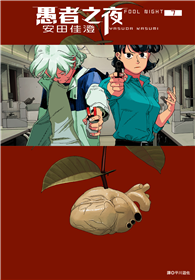The coronavirus pandemic that broke out in 2019 has finally calmed down in China, after the bungling occasioned by the iron hand of lockdown. But beginning in March 2020, the disaster spread abroad, and at present there is no end in sight.
In this work, Qin Hui offers a bracing examination of the impact of coronavirus pandemic on political institutions in both China and the West. Deliberating on the contradiction between “human rights” and “human survival,” he contends that China has achieved success in imposing coercive lockdowns to control the virus, but it will be a challenge to prevent the normalization of emergency measures from worsening human right conditions. The West, in contrast, must learn how democracies can efficiently enter a state of emergency and put an end to these measures at the proper time.
| FindBook |
有 4 項符合
Globalization after the Pandemic的圖書 |
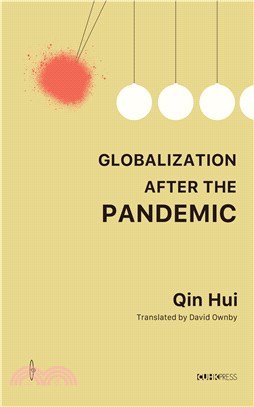 |
Globalization after the Pandemic 作者:By Qin Hui・ Translated by David Ownby 出版社:香港中文大學出版社 出版日期:2021-07-01 規格:21cm*13.4cm*1.6cm (高/寬/厚) / 初 / 精裝 / 132頁 |
| 圖書館借閱 |
| 國家圖書館 | 全國圖書書目資訊網 | 國立公共資訊圖書館 | 電子書服務平台 | MetaCat 跨館整合查詢 |
| 臺北市立圖書館 | 新北市立圖書館 | 基隆市公共圖書館 | 桃園市立圖書館 | 新竹縣公共圖書館 |
| 苗栗縣立圖書館 | 臺中市立圖書館 | 彰化縣公共圖書館 | 南投縣文化局 | 雲林縣公共圖書館 |
| 嘉義縣圖書館 | 臺南市立圖書館 | 高雄市立圖書館 | 屏東縣公共圖書館 | 宜蘭縣公共圖書館 |
| 花蓮縣文化局 | 臺東縣文化處 |
|
|
圖書介紹 - 資料來源:博客來 評分:
圖書名稱:Globalization after the Pandemic
內容簡介
作者介紹
作者簡介
Qin Hui
Qin Hui is Retired Professor in Department of History at Tsinghua University, Adjunct Professor in the Department of Government and Public Administration at The Chinese University of Hong Kong, and a leading historian and public intellectual in China. His research focus includes economic and agrarian history of China.
譯者簡介
David Ownby
David Ownby is Professor of History at the Université de Montréal. His research focus is intellectual life in contemporary China, and his recent publications include Rethinking China’s Rise by Xu Jilin (as editor and translator), Voices from the Chinese Century (co-edited with Timothy Cheek and Joshua A. Fogel), and The Transcendental and the Mundane by Choyun Hsu (as translator). His online project, “Reading the China Dream,” is available at readingthechinadream.com.
Qin Hui
Qin Hui is Retired Professor in Department of History at Tsinghua University, Adjunct Professor in the Department of Government and Public Administration at The Chinese University of Hong Kong, and a leading historian and public intellectual in China. His research focus includes economic and agrarian history of China.
譯者簡介
David Ownby
David Ownby is Professor of History at the Université de Montréal. His research focus is intellectual life in contemporary China, and his recent publications include Rethinking China’s Rise by Xu Jilin (as editor and translator), Voices from the Chinese Century (co-edited with Timothy Cheek and Joshua A. Fogel), and The Transcendental and the Mundane by Choyun Hsu (as translator). His online project, “Reading the China Dream,” is available at readingthechinadream.com.
|
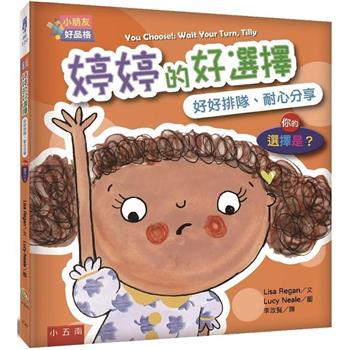
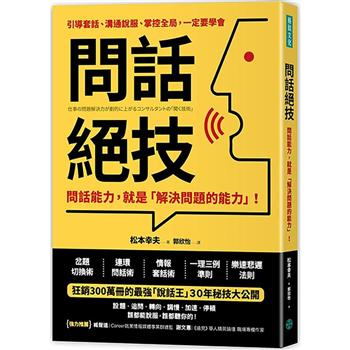
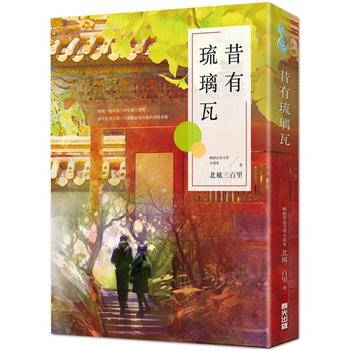
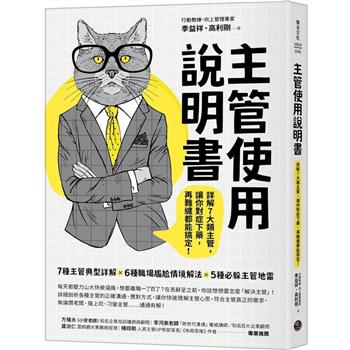



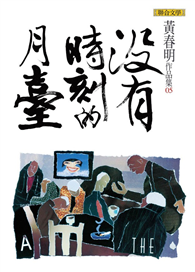

![圖解 適齡教養 ADHD、亞斯伯格、自閉症[暢銷修訂版] 圖解 適齡教養 ADHD、亞斯伯格、自閉症[暢銷修訂版]](https://media.taaze.tw/showLargeImage.html?sc=14100126329)

